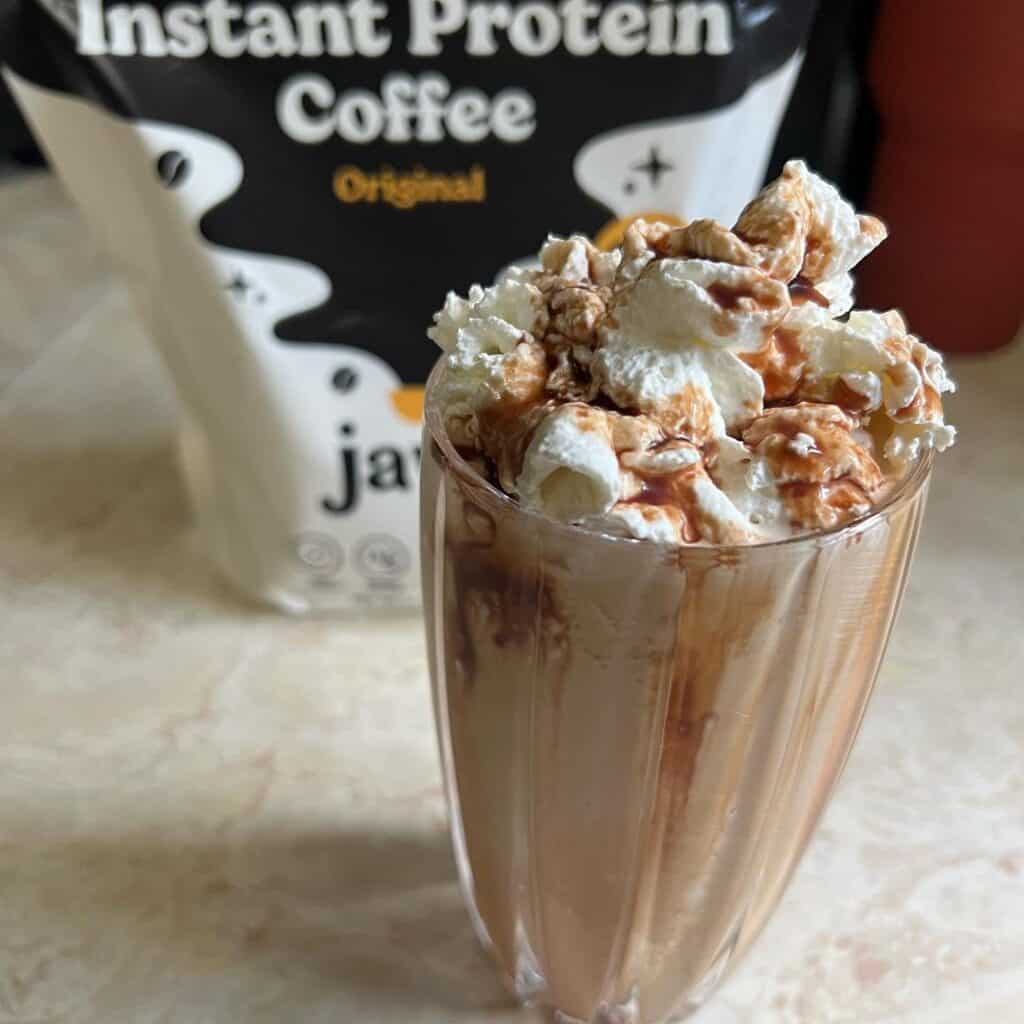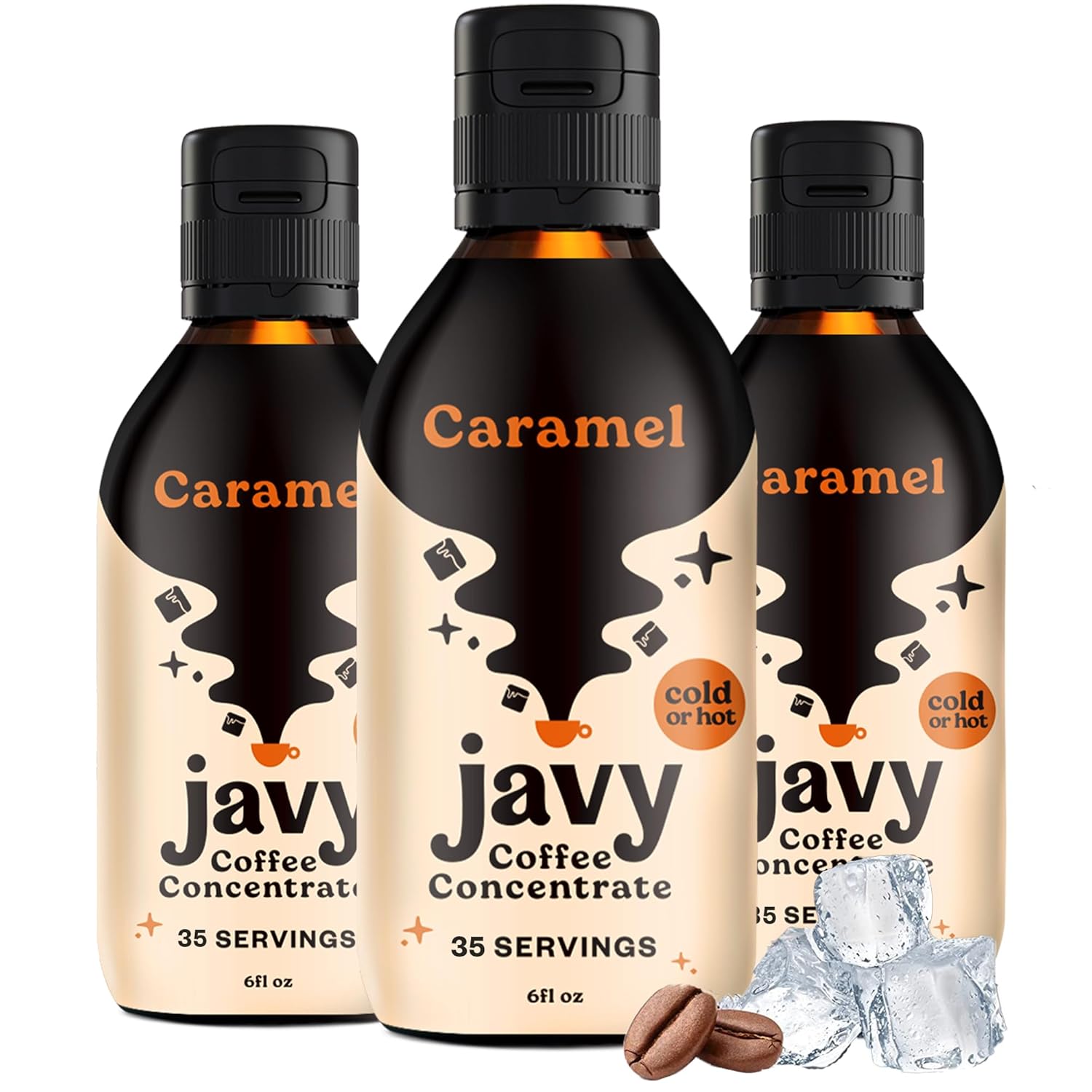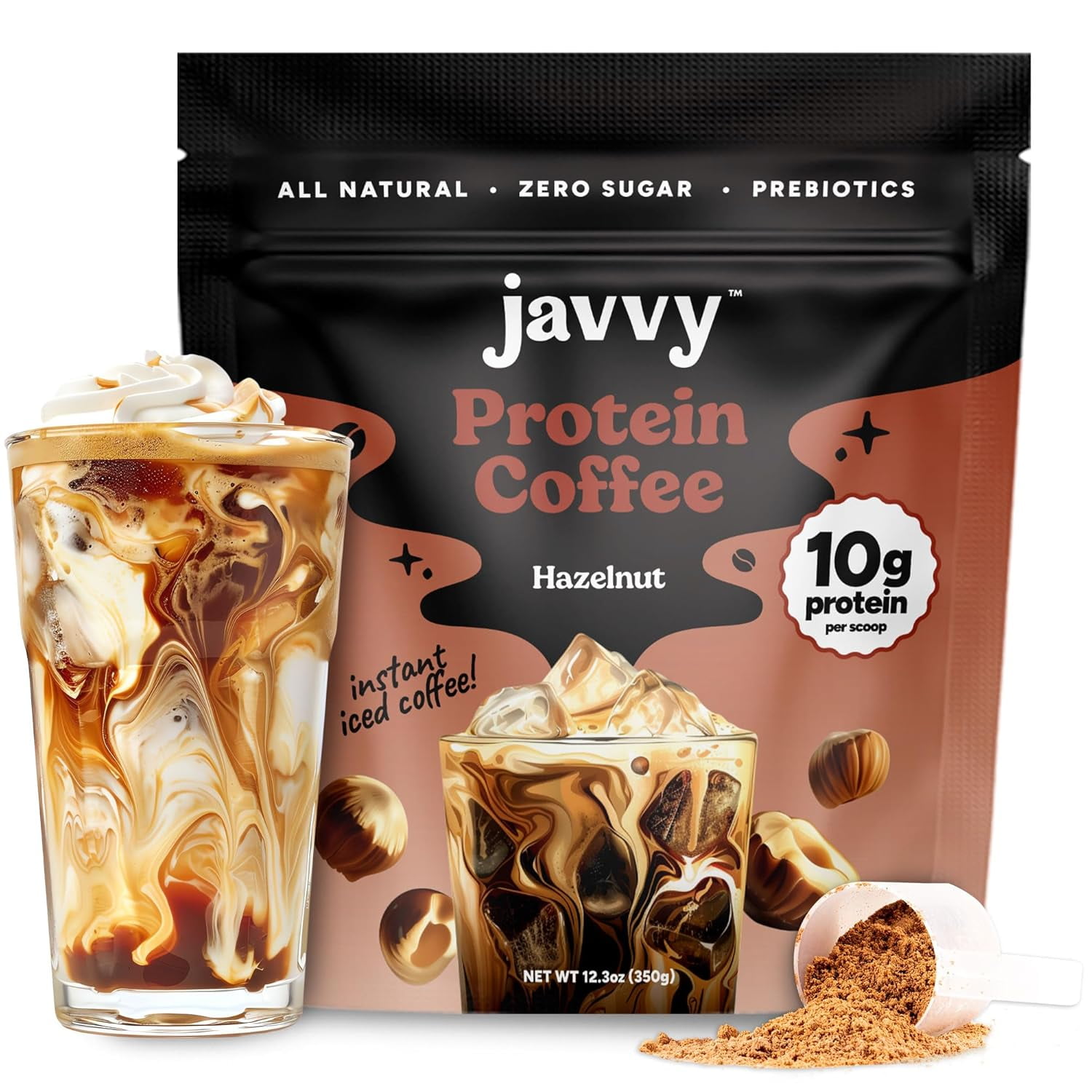Is Javy Coffee Good For You

In a world saturated with caffeine options, Javy Coffee Concentrate has emerged as a popular contender, promising a convenient and customizable coffee experience. But beyond the allure of instant coffee gratification, a crucial question lingers: Is Javy Coffee good for you? This article delves into the nutritional profile, potential benefits, and possible drawbacks of Javy Coffee, examining its impact on health and well-being.
The central question isn't simply whether Javy Coffee is "good" or "bad," but rather how its consumption fits within a balanced diet and healthy lifestyle. We'll explore its caffeine content, ingredients, and processing methods, comparing them to traditional coffee and other energy alternatives. Expert opinions and scientific research will guide us in understanding the potential effects of Javy Coffee on various aspects of health, allowing consumers to make informed choices about incorporating it into their daily routines.
What is Javy Coffee?
Javy Coffee Concentrate is marketed as a convenient liquid coffee concentrate made from 100% Arabica coffee beans. The beans are purportedly roasted and brewed before being concentrated into a small bottle. This concentrate is then designed to be mixed with water, milk, or other beverages to create a personalized coffee drink.
Its popularity stems from its ease of use and portability, appealing to individuals seeking a quick caffeine fix without the need for brewing equipment. The company emphasizes its commitment to quality and sustainability, though the specifics of these claims require further scrutiny.
Nutritional Profile and Caffeine Content
A single serving of Javy Coffee Concentrate (typically one to two teaspoons) contains a relatively small number of calories. According to the company's website, the calorie count is negligible. However, the caffeine content is a significant factor to consider.
While the exact caffeine amount can vary depending on the concentration and serving size, Javy Coffee generally contains a substantial dose of caffeine per serving. Consumers should carefully monitor their intake, particularly if they are sensitive to caffeine or have pre-existing health conditions.
Too much caffeine can lead to anxiety, insomnia, increased heart rate, and digestive issues. Responsible consumption and awareness of personal tolerance levels are crucial.
Potential Benefits of Javy Coffee
Like regular coffee, Javy Coffee may offer certain potential health benefits, primarily due to its caffeine content and the presence of antioxidants. Caffeine can enhance alertness, improve cognitive function, and boost physical performance.
Studies have linked coffee consumption to a reduced risk of certain chronic diseases, such as type 2 diabetes, Parkinson's disease, and some types of liver cancer. However, it's important to note that these associations don't necessarily prove causation.
The convenience of Javy Coffee can also be a benefit for individuals with busy lifestyles. Its portability and ease of preparation make it a convenient alternative to traditional coffee brewing methods.
Potential Drawbacks and Risks
Despite its potential benefits, Javy Coffee also carries some potential drawbacks. The high caffeine content can be problematic for individuals sensitive to stimulants, leading to anxiety, jitters, and sleep disturbances.
Furthermore, the concentration process may alter the chemical composition of the coffee, potentially affecting its flavor and antioxidant profile. While the company claims to use high-quality Arabica beans, the roasting and extraction methods can influence the final product's quality.
Another consideration is the presence of any additives or preservatives. Consumers should carefully review the ingredient list and be aware of any potential allergens or sensitivities.
Expert Opinions and Scientific Research
Registered dietitians and nutritionists generally advise consumers to approach Javy Coffee with caution, emphasizing the importance of moderation and awareness of caffeine intake. Dr. Emily Carter, a registered dietitian, states, "While coffee can be part of a healthy diet, it's crucial to consider the overall caffeine load and potential interactions with medications or existing health conditions."
Scientific research on coffee consumption provides valuable insights but doesn't specifically address Javy Coffee. Most studies focus on brewed coffee, which may have different characteristics than concentrated forms.
Independent testing of Javy Coffee would be beneficial to verify the caffeine content and assess the presence of any potential contaminants. More research is needed to fully understand the long-term effects of consuming concentrated coffee products.
Sustainability and Ethical Considerations
Javy Coffee claims to prioritize sustainability in its sourcing and production practices. However, verifying these claims requires transparency and independent audits.
Consumers increasingly demand ethically sourced coffee that supports fair labor practices and environmental stewardship. Companies that demonstrate a commitment to sustainability can build trust and appeal to socially conscious consumers.
Transparency in the supply chain and traceability of the coffee beans are essential for ensuring ethical and sustainable practices.
Comparison to Traditional Coffee and Other Alternatives
Javy Coffee offers a distinct advantage in terms of convenience compared to traditional coffee brewing methods. However, it may not offer the same nuanced flavor profile as freshly brewed coffee.
Compared to energy drinks, Javy Coffee may be a healthier option, as it typically contains fewer artificial ingredients and added sugars. However, it's important to compare the caffeine content and potential side effects of both options.
Herbal teas and other caffeine-free beverages provide alternatives for individuals seeking a beverage without the stimulating effects of caffeine.
Making Informed Choices
Ultimately, whether Javy Coffee is "good" for you depends on individual factors, including caffeine sensitivity, overall health, and dietary habits. Responsible consumption and moderation are key to minimizing potential risks and maximizing potential benefits.
Consumers should carefully consider the caffeine content, ingredient list, and potential interactions with medications or existing health conditions. Consulting with a healthcare professional or registered dietitian can provide personalized guidance.
By making informed choices and prioritizing a balanced lifestyle, individuals can enjoy Javy Coffee as part of a healthy diet.
The Future of Concentrated Coffee
The market for concentrated coffee products is likely to continue growing as consumers seek convenient and customizable beverage options. Innovation in roasting and extraction methods could lead to improved flavor profiles and enhanced nutritional benefits.
Increased transparency in sourcing and production practices will be crucial for building consumer trust and ensuring ethical and sustainable operations. Independent testing and verification of caffeine content will also be important for promoting informed consumption.
As the industry evolves, Javy Coffee and other concentrated coffee brands have the opportunity to contribute to a more sustainable and health-conscious coffee culture.


















